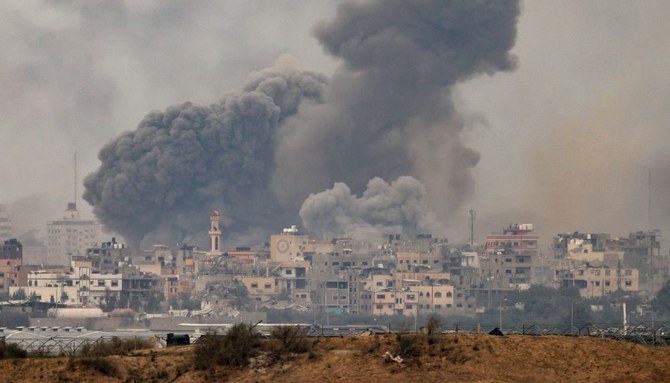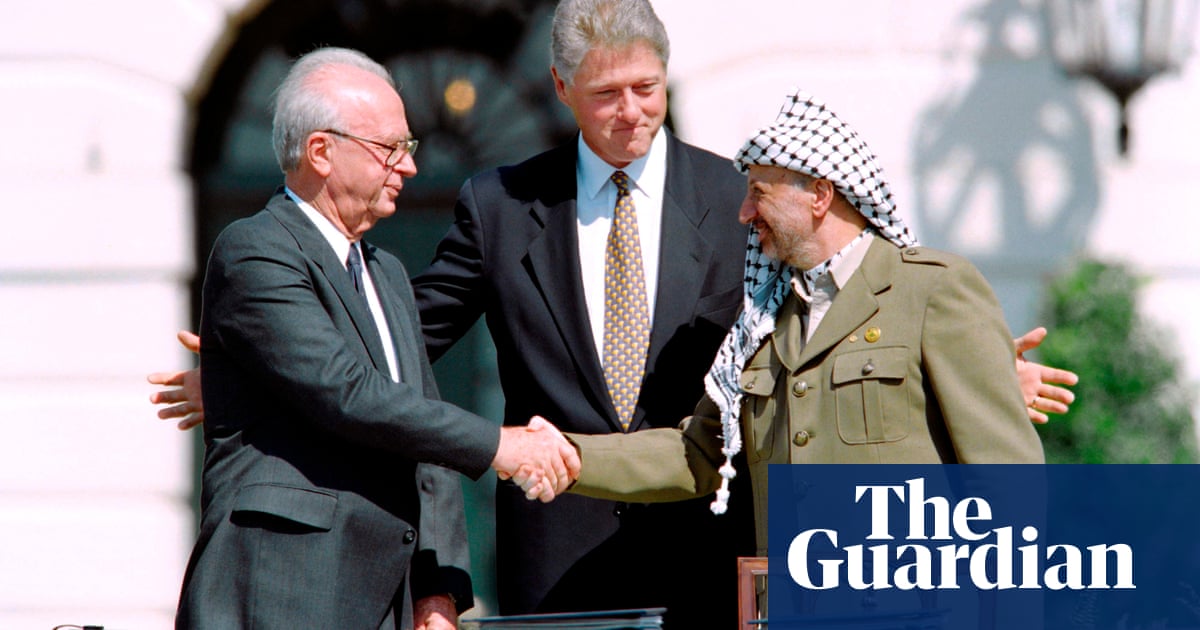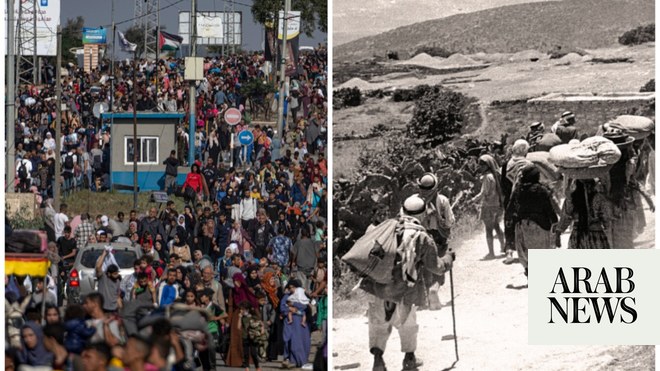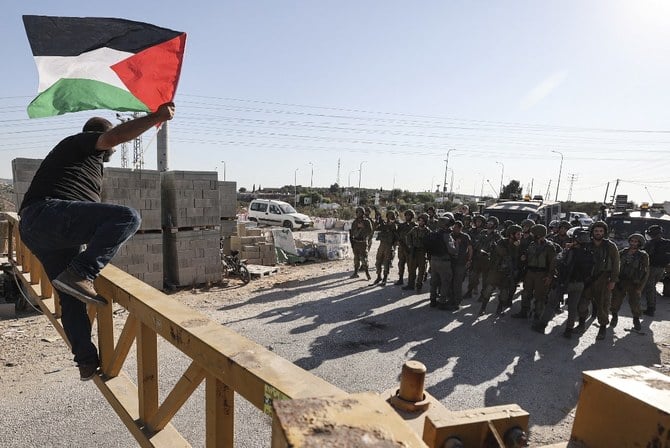
While giving me a lift to Amman from the airport where I arrived last week, my taxi driver told me: “Look at McDonald’s outlets and Starbucks cafes. They are empty.” This is the least people could do to express their sympathy and solidarity with the Palestinians under Israeli attack in Gaza and against a biased West, he told me.
A few hours earlier, before boarding my flight from London to the Middle East, another taxi driver, a British Asian, explained to me how he, his wife and his young family had been unable to fathom the violence seen on our screens daily. He said that the world was numb to Arab and Muslim suffering.
The situation for the Palestinian civilians in Gaza continues to worsen by the minute. They have suffered two months of intensive Israeli bombardment, with more than 15,000 killed and thousands more injured as Israel attempts to eradicate the militant group Hamas. Arab and Muslim publics have been glued to their television and smartphone screens, watching in disbelief as the bloodshed unravels. As Palestinian women and children are slaughtered, the international community stands watching, unable even to extend aid or agree any new truce that could be the first step toward ending the onslaught.
In the face of such systematic and deliberate killing of innocent civilians, available to view by everyone across the world, one fallout from this Israeli war on Gaza is a multiplying of Arab suspicions of the West, due to what is seen as its continued and unhindered support for Israel’s actions. All this has, in a short space of time, been translated into a sense of popular anger at what is seen as a biased West and its double standards regarding Palestinians’ suffering due to the relentless and disproportionate bombardment by the Israeli army.
Since Israel declared war on Hamas after the militant group’s Oct. 7 attacks that killed about 1,200 people, mostly civilians, and which saw about 240 hostages taken back to Gaza, the language used in the West to describe the war has been closely scrutinized. In the minds of many Arabs — both on the street as well as among experts — the West risks further inflaming an already volatile situation and producing a heightened anti-Western sentiment that could take decades to heal.
During my recent stay in the Middle East, many people I met expressed their disillusionment at the West’s stance. Many of them had been educated in the US and Europe and are among the moderates in the region. In these discussions, they evoked the dangers and impact of the use of certain names and phrases, such as referring to an Israel-Hamas war instead of Israel-Palestine.
There was also anger about the Western media’s narrative that describes what Hamas did on Oct 7 as “attacks,” while what Israel is doing through its armed forces’ actions are mere “strikes” or “retaliatory action.” The people I met described this as all-out war and an invasion of Gazan neighborhoods, leveling them to the ground and leaving innocent civilians, a majority of whom are anti-Hamas, with nowhere to go.
Others, including academics and experts from across the region, have talked about the Global South losing its trust in the Western media and its ethos, which has for a long time seen it lecturing the rest of the world on media impartiality and objectivity. The dominant impression felt by many during this conflict is that the Western media’s approach has bordered on “dehumanizing” the Palestinians.
They claimed that Western politicians and media have failed to stay balanced. In the first few weeks, they frequently agreed with the narrative presented by Israelis, while often cross-examining the Palestinian or pro-Palestinian side of the story, where and when it was allowed to be presented. Some have even understood the West’s behavior to be a justification for the killing to continue and maybe represents a green light for a plan to transfer the Palestinians from Gaza toward Egypt and from the West Bank toward Jordan.
In my media career, I have witnessed and reported on numerous conflicts and instances of violence, along with their aftermath, in many regions of the world, including the Middle East. Yet never before have I seen the divide reaching the scale it has reached today. The narrative deployed to report on and analyze the Middle East’s forever conflict risks increasing the misunderstanding and misinformation, rendering any work to promote peace and understanding — which is the evident next stage after the guns fall silent — hopeless.
There is a sense of popular anger at what is seen as a biased West and its double standards regarding Palestinians’ suffering.
Mohamed Chebaro
Apart from the generic condemnation of the continued violence by the UN secretary-general and various UN agencies, in addition to certain nations from both the Global South and Global North, efforts aimed at stopping the war have been timid from most state actors. This includes those that have often aligned themselves and their interests closer to those of the Palestinians and their right to self-determination and a state that lives in peace alongside Israel.
This sense of the West allowing the conflict to continue to spiral out of control and indirectly sanctioning more killing and destruction not only threatens to expand the war in the volatile Middle East, it risks creating more recruits for extremist groups on all sides. These groups have long been preying on the weak and the desperate to bolster their numbers on the back of such devastating civilian suffering.
My taxi driver did not want to boycott more than McDonald’s and Starbucks at this stage, so he is holding on to his American smartphone, particularly as he uses it as a tool to help earn his living. But my conversation with him gave me a sense of the desperation being felt by the man on the street, which could slowly translate into a lack of tolerance for any talk of peace and coexistence. For decades, such approach has insisted to both the Israelis and the Palestinians that they must work for peace, as it will be the only route to secure their future.
Mohamed Chebaro is a British-Lebanese journalist with more than 25 years’ experience covering war, terrorism, defense, current affairs and diplomacy. He is also a media consultant and trainer.










